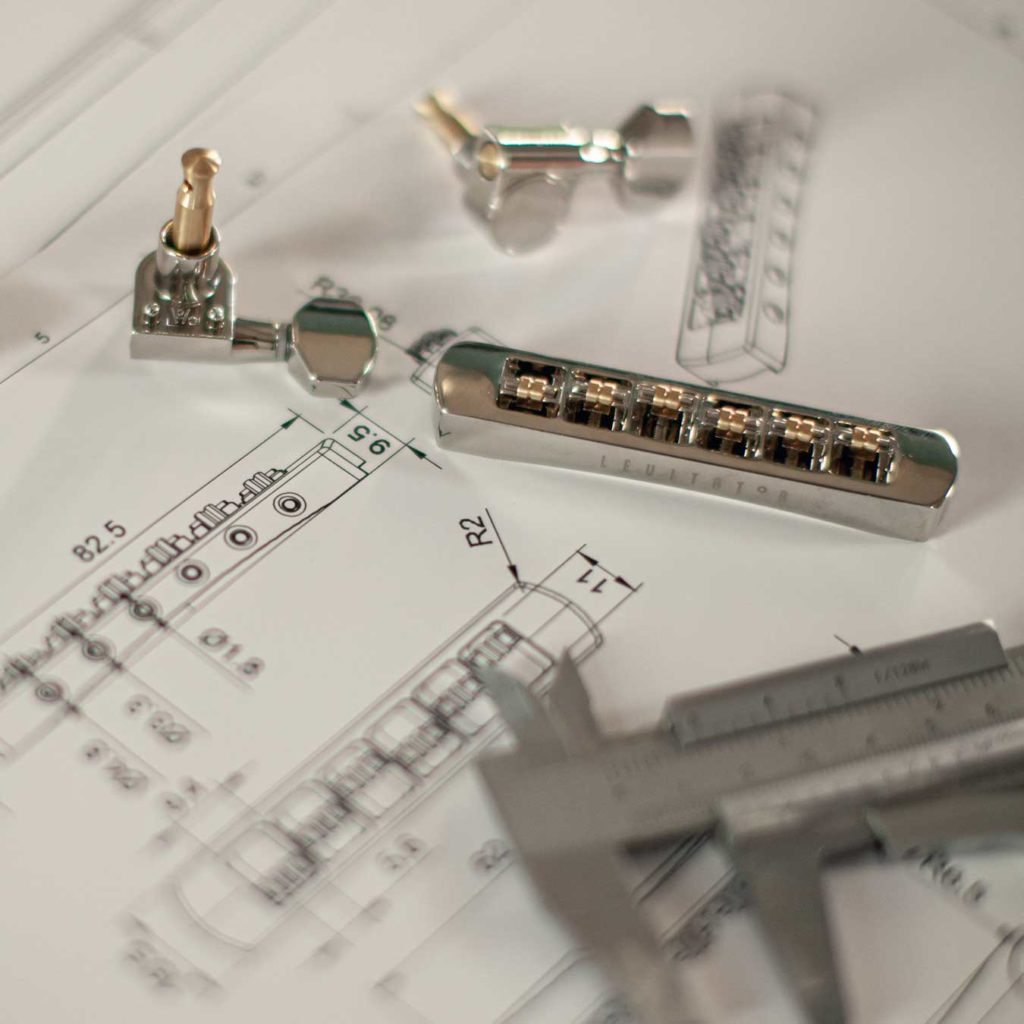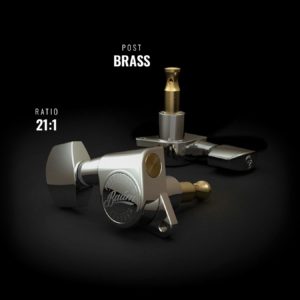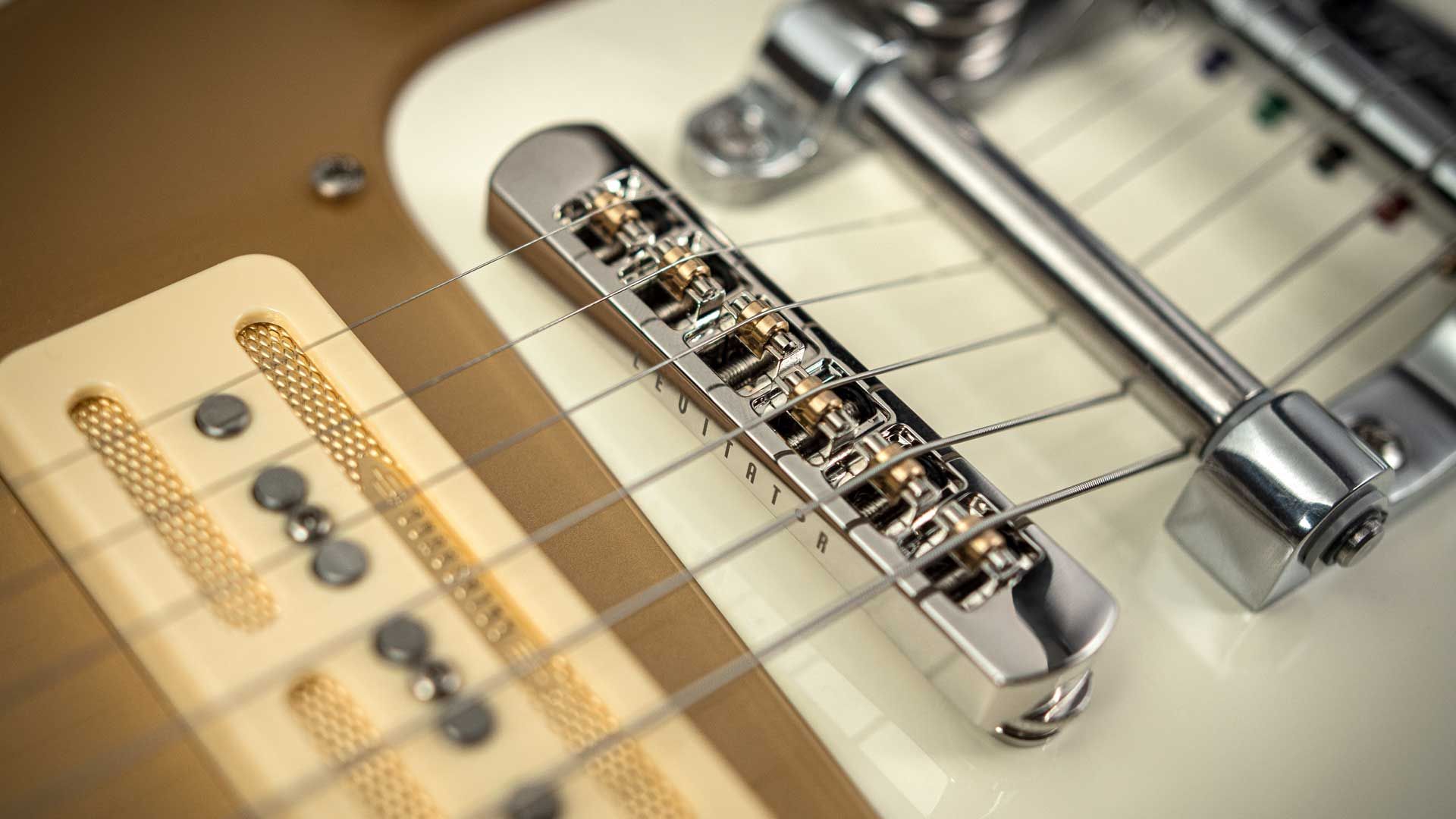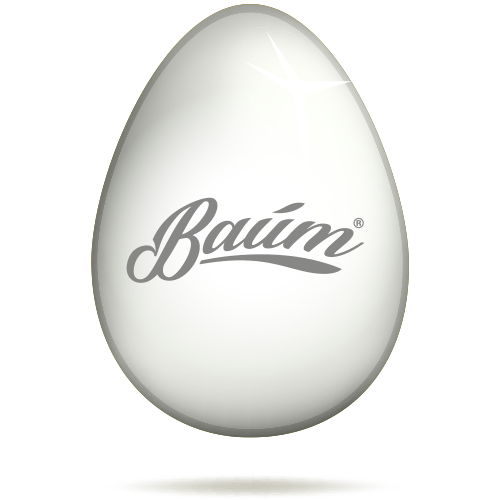How can brass make your guitar better?
Guitarists often experiment with different materials to create the perfect guitar tone that suits their style. While wood, pickups, and amplifiers are usually the focus, it’s also important that we consider the actual touchpoints the string has with the guitar: the tuners, the nut, the bridge, and the tailpiece. In this article, we will zoom in on the tuners and the bridge: what they are made of, and why this matter.
More specifically, we’ll dive into why brass is great for guitar tone, providing players with a vibrant and captivating sound. We will also discuss why the physical abilities of brass simply make a better instrument.
1. Better performance with less friction.
2. Resonance and sustain.
3. Warmth and depth.
4. Articulation and clarity.
5. Aesthetic appeal.
Let’s tune in!
WHY USE BRASS FOR GUITARS?
Brass is one of the best materials for guitar components because of its unique combination of both tonal and physical properties. Brass is a dense alloy made of copper and zinc, and it can significantly impact your guitar’s tone and tuning stability. For the better.
HERE ARE 5 REASONS TO USE BRASS FOR GUITAR PARTS.
1. REDUCED FRICTION.
Brass is strong, durable, and corrosion-resistant and is commonly used in applications where low friction is required, making it a great material to use for guitar parts where the string needs to move freely.
This is why we use brass for our Levitator™ roller-bridge wheels and our Precision Tuner™ shafts. Friction is the worst enemy of tuning stability, and brass contains lead which has a lubricating effect that gives good low friction.
Another good property of brass is that the metal is essentially non-magnetic, meaning it has zero impact on string vibrations and subtracts nothing from the guitar tone.


3. WARMTH AND DEPTH
Brass is known for its warm and expressive qualities and adds a unique touch to the sound of the instrument.
Brass has a warm and rounded tone. When brass components are used in a guitar, they add depth and richness to the sound. The resonance of brass brings a full-bodied quality to each note, especially in the lower frequencies. This warm and balanced tonality gives a vintage feel to the guitar’s voice, making it suitable for various different songs and genres.
4. ARTICULATION AND CLARITY.
Despite its warm characteristics, brass also offers clarity and articulation. The density of the material creates a focused and well-defined sound, allowing individual notes and chords to stand out with an almost piano-like articulation.
Brass components contribute to a clear attack and precise note definition, making it an excellent choice for both rhythm and lead playing.

5. AESTHETIC APPEAL.
In addition to its sonic benefits, brass components look beautiful on a guitar. And we love that. The golden hues of brass create an eye-catching contrast against our various finishes, adding a touch of elegance and sophistication to the instrument’s overall look.
We are designers too, and we care about making you look good too.
OUR CONCLUSION.
In the quest for a remarkable guitar tone, exploring unconventional elements can lead to exciting results. Brass, with its resonance, warmth, clarity, and aesthetic appeal, is a compelling choice for enhancing the expressive capabilities of a guitar. Whether you’re playing soulful blues, jazzy melodies, or dynamic rock riffs, the presence of brass in your guitar’s components can elevate your playing experience and captivate listeners.





